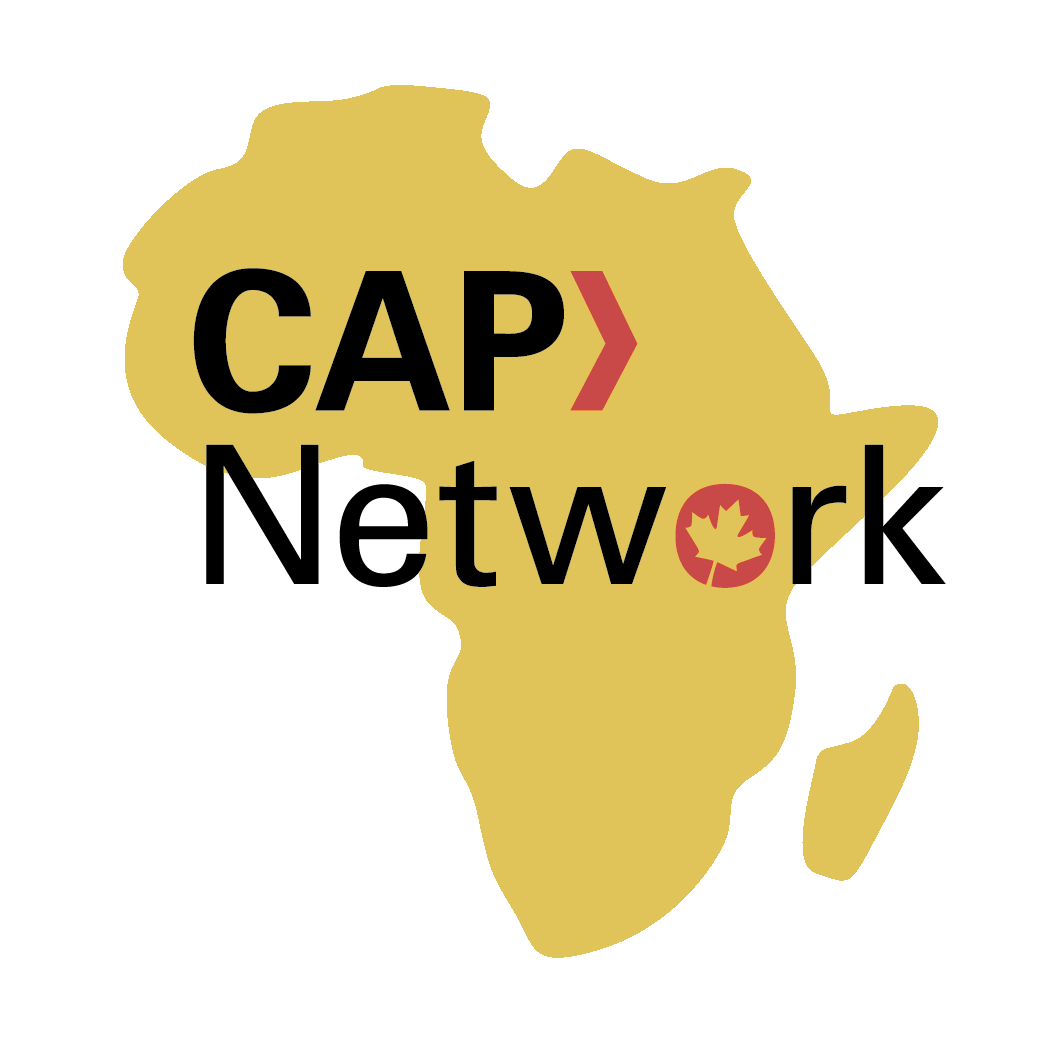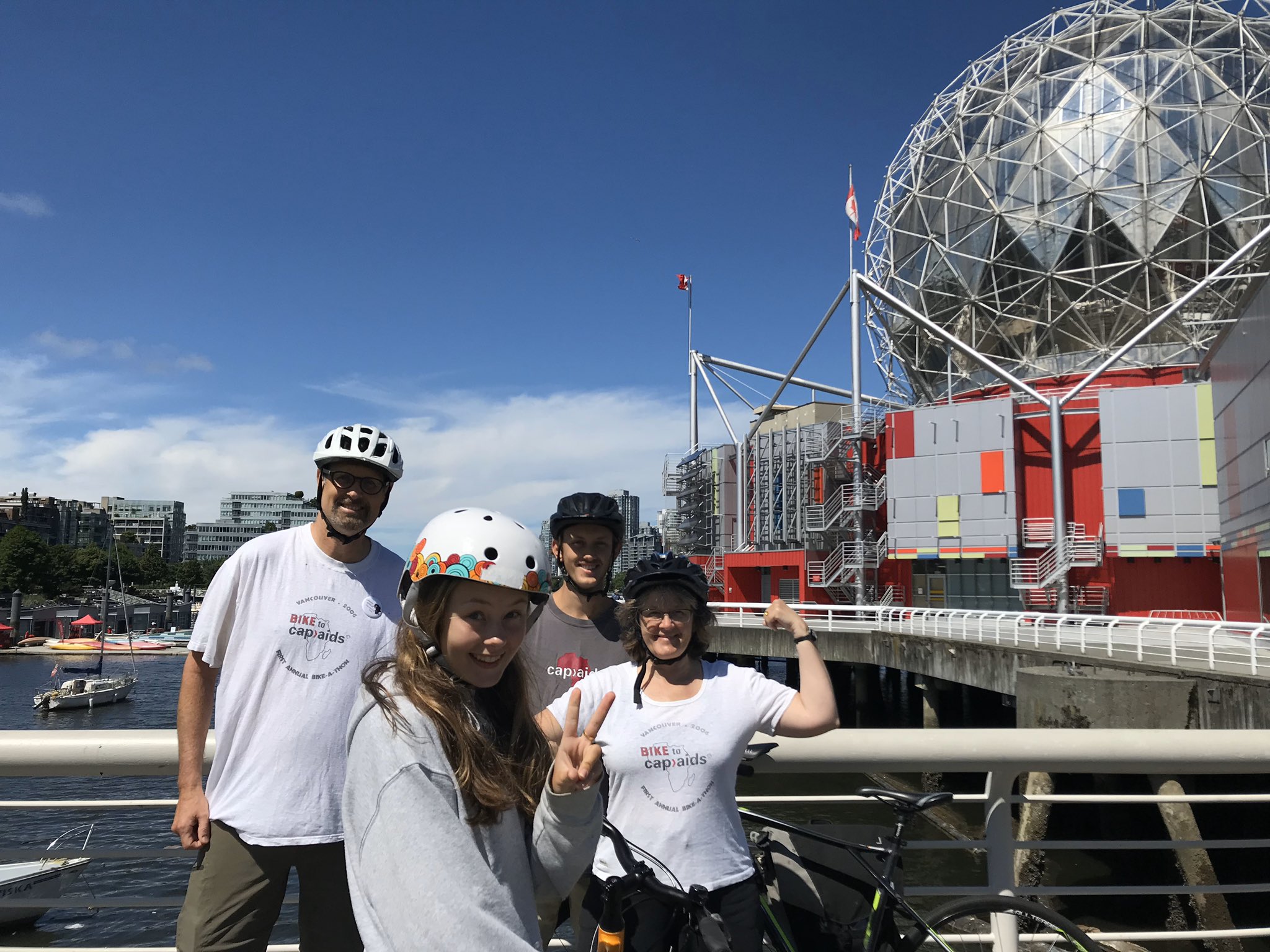We are concluding the 16th annual Canada Africa Partnership (CAP) Ride bike-a-thon with huge thanks and gratitude to everyone who made this our most successful ride yet! Every June since 2005, the CAP Ride has taken place in Toronto to mobilize Canadians to fundraise in support of community-led development in African communities, with satellite events often taking place in Ottawa or Vancouver.
Planning for the campaign during the onset of the COVID-19 pandemic and associated social distancing measures, we were faced with the decision of whether to postpone or pivot our regular Toronto-based bike rally. With extra urgent needs on the ground in our African partner communities, it was quickly clear that pivoting was the only option. Taking the event virtual ignited our creativity to find ways to bring people together in service during a time of uncertainty, and resulted in new engagement opportunities we could only have imagined in our wildest dreams!
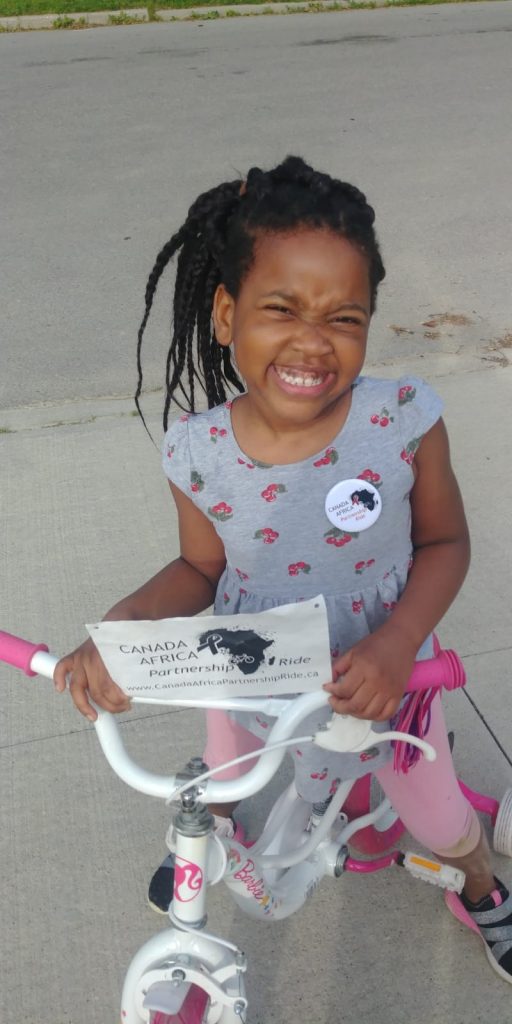
The result? The ride tripled its fundraising target, raising $90,000 for locally-led impact in African communities! Seven Canadian not-for-profit organizations collaborated on the campaign, which saw over 160 participants in more than 35 communities coast-to-coast in Canada and in eight countries around the world fundraise and join the ride. The funds raised will go a long way in supporting African communities, where the economic fallout from COVID-19 is devastating communities already grappling with the impacts of economic crisis, climate shocks and food shortages. As the campaign wraps up, we wanted to share this coverage by the Toronto Star, along with our reflections, best practices and lessons learned for virtual fundraising.
What worked:
- More partners: CAP Network affiliate members and external partner organizations each registered teams, with some registering additional support teams, for a total of 22 teams supporting 14 partners! Peer-to-peer fundraising events thrive on distributed leadership. With 22 team captains each responsible for recruitment and engagement, there was tons of good momentum building at different points in the network simultaneously. Each node brings its own energy that has a positive ripple effect on the whole community! We were able to engage more partners this year partly because organizations were looking for alternative fundraising opportunities to support urgent programming needs, and the bike-a-thon offers a turnkey fundraising solution.
- More riders: More partners led to more riders. With over 160 registered participants, this year’s event engaged over three times the number of riders as last year! Being able to ride from anywhere improved accessibility and expanded engagement opportunities significantly. In addition, many people were looking for opportunities to put their uncommonly clear schedules and new bicycles (ridership has soared during the pandemic) to good use.
- More donors: Ultimately, the expanded size of the fundraising network created access to a larger pool of support. We have been blown away by the generosity of donors during this unprecedented time.
Best practices for organizations undertaking virtual events:
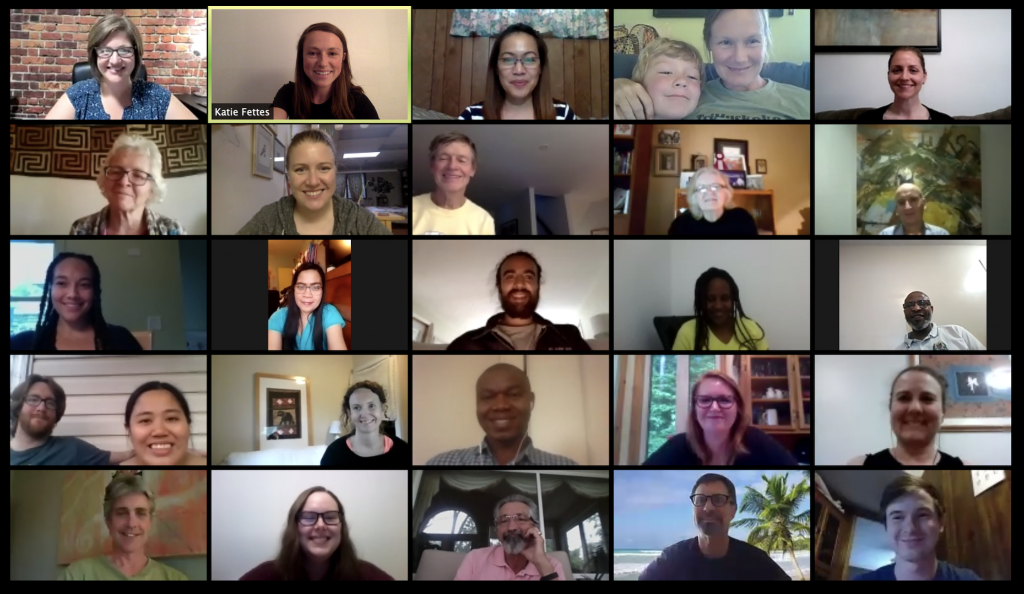
- Create community in virtual space: Keeping everyone on the same page can be challenging without opportunities for face-to-face engagement. This goes beyond information sharing and points to the heart of a campaign’s success: building community! We held team captains’ meetings in the lead-up to the event to align values, create shared purpose and goals, and strategize together. This encouraged us all to think about the commonalities of the work we all do within the nonprofit sector. Captains also held meetings with their respective teams and communities. Make use of communication softwares as much as possible!
- Provide structured flexibility: While fundraising/pledge collection happened in the months leading up to the event, the event itself took place over the weekend of June 5-7. We held an online opening ceremony on Friday June 5th, and a closing ceremony with team prizes on the 7th. Giving riders the weekend to complete their rides created the flexibility to ride according to their own schedules, events and conditions in their communities. Provide flexibility, but enough structure that people still feel they’re part of something bigger!
- Create engagement throughout: We ran a scavenger hunt challenge during event weekend, which challenged teams to solve a list of clues and find the answers in their communities during their rides! This kept teams engaged throughout the weekend and gave our riders a glimpse into what others’ rides and adventures looked like. The team that submitted the most correct clues won a prize during the closing ceremony. Create opportunities for participants to get to know each other!

Lessons learned:
- Have faith: Had we been totally discouraged by the downturn in fundraising due to the COVID-19 outbreak, the event may not have been such a success. The peer-to-peer fundraising format is fuelled by momentum, and momentum is built on believing that what you’re doing will work. Base your plan on equal parts evidence and faith. We thank all participants for your faith in the event – this is simply what made it happen!
- Ask, don’t assume: Some organizations couldn’t join us this year due to COVID-19, while others were only joining us because of COVID-19. Likewise, some individuals couldn’t give during this time, while others were extra happy to. There was no common denominator across the board – the pandemic has impacted everyone differently. Our strategy sought to follow this fact by reaching out to as many individuals and groups as possible while remaining sensitive of the circumstances.
- Be proactive: In hindsight, the flexibility created by the virtual component of the bike-a-thon was a huge part of the event’s success, and even something we should have considered sooner. As we continue to fundraise during times of uncertainty, we will seek to be proactive and adaptable, not only in the implementation of our projects, but also in their imagination and genesis. Things change, and we must too.
This year’s event intersects with an extraordinary movement for racial justice and equality in North America and around the world. “Those of us engaged in Canada-Africa Partnerships know only too well how racism intersects with and contributes to global inequality, the impact of which is a root cause of the development challenges our projects are designed to address,” said Claire Holloway Wadhwani, CAP Network’s Executive Director. “This year, we ride in solidarity and for justice and equality for black communities.”
The CAP Ride demonstrates what is possible when people come together in the spirit of partnership, collaboration and understanding. We thank the black members of our community for your tireless work and leadership, and together we seek to expand the space for black voices to lead the Network and continue to forge the cross-cultural connections that make the fight against systemic racism possible.
The success of the 2020 CAP Ride stands as a testament to our riders’ collective spirit and hard work, and the fantastic grassroots impact our African partners are creating on the ground, especially during COVID-19. When we work together, we can achieve great things regardless of where we are. Thanks to all riders, donors, partners and community members for supporting people doing amazing work in difficult circumstances.
